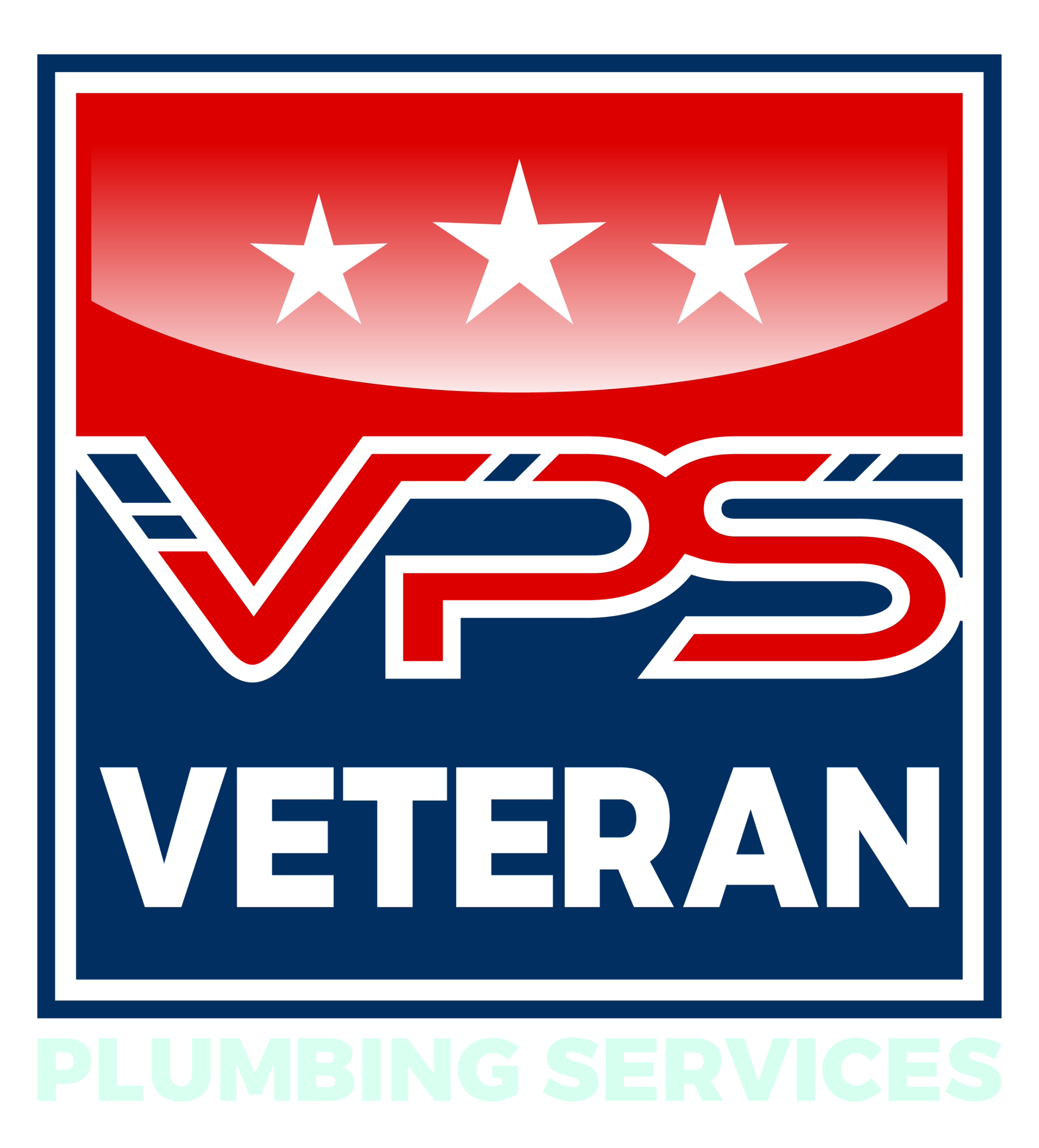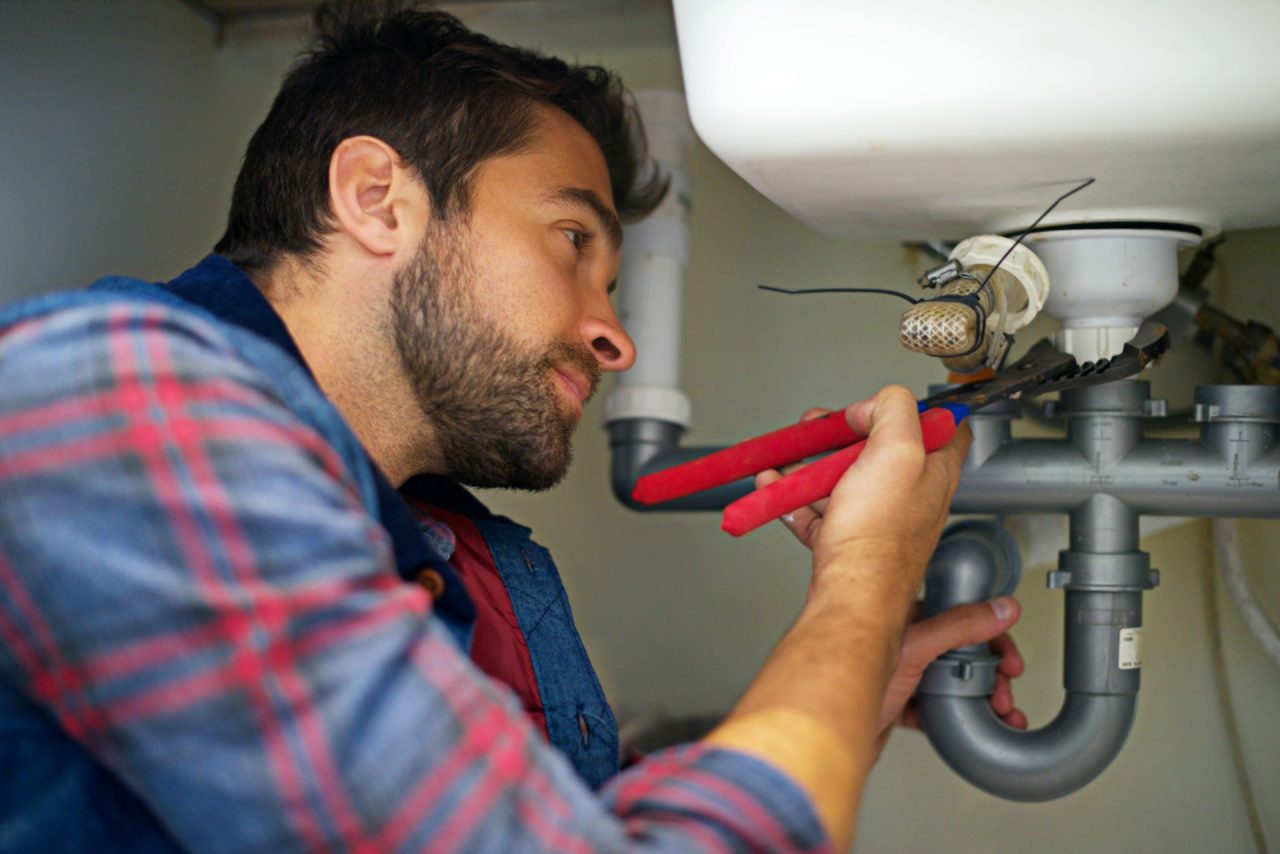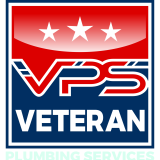Plumbing is an essential part of any household. It is responsible for delivering clean water and removing waste from our homes. However, plumbing issues can arise at any time, and if left unattended, they can lead to costly repairs and inconvenience. Some plumbing problems can be minor, such as a leaking faucet, while others can be major disasters, such as burst pipes or sewage backups.
The good news is that many plumbing problems can be prevented with proper maintenance and timely repairs. This article aims to provide homeowners with information on common plumbing issues and how to prevent them.
Leaking Pipes
Leaking pipes are one of the most common plumbing issues that homeowners face. They can be caused by various factors, including corrosion, high water pressure, and freezing temperatures. The signs of a leaking pipe may include damp spots on walls or ceilings, musty or moldy smells, water stains or discoloration, and decreased water pressure.
To prevent leaking pipes, it is essential to regularly inspect pipes for signs of wear and tear, maintain appropriate water pressure, and insulate pipes to prevent freezing in cold temperatures. It is also crucial to address any leaks promptly to prevent them from becoming more severe and causing further damage.
Clogged Drains
Clogged drains can be a significant inconvenience, causing water to back up in sinks, showers, and toilets. They are often caused by the buildup of debris, grease, and hair in pipes over time. Some signs of a clogged drain may include slow draining water, gurgling sounds coming from drains, and water backing up in sinks or toilets.
To prevent clogged drains, it is essential to avoid pouring grease or food down drains, install drain screens to catch hair and debris, and regularly clean and maintain plumbing systems. It is also important to address any clogs promptly to prevent them from causing more severe plumbing issues.
Low Water Pressure
Low water pressure can be frustrating, making it difficult to take showers or wash dishes. Issues with the plumbing system or the municipal water supply often cause it. Some signs of low water pressure may include weak or inconsistent water flow, difficulty filling sinks or bathtubs, and reduced water pressure in multiple fixtures.
To prevent low water pressure, it is essential to regularly inspect and maintain plumbing systems, install pressure regulators to maintain consistent water pressure, and contact the municipal water supplier to report issues with water pressure. Addressing low water pressure promptly can prevent it from causing further damage to your plumbing system.
Running Toilets
Running toilets are annoying and can also waste a lot of water, leading to higher water bills. They are usually caused by a faulty flapper or fill valve. Some signs of a running toilet may include a continuous or intermittent sound of water running in the toilet tank, visible water movement in the toilet bowl, and higher-than-usual water bills. To prevent running toilets, it is essential to regularly inspect and maintain toilet components, avoid flushing non-degradable items such as wipes or sanitary products, and consider replacing older toilets with newer, more efficient models. Addressing running toilets promptly can prevent them from wasting water and increasing water bills.
In conclusion, plumbing issues can significantly inconvenience homeowners, but many of them can be prevented with proper maintenance and timely repairs. By watching for signs of common plumbing problems such as leaking pipes, clogged drains, low water pressure, and running toilets, you can avoid costly repairs and ensure the longevity of your plumbing system. Remember to address any plumbing issues promptly and seek professional help when needed.
FAQs
Can I prevent leaking pipes on my own?
While some maintenance tasks, such as insulating pipes, can be done independently, hiring a professional plumber to inspect and repair leaking pipes is recommended. This ensures the issue is resolved correctly, preventing further damage to your plumbing system.
How often should I clean my drains?
It is recommended to clean drains every few months to prevent debris and grease buildup. However, the cleaning frequency may depend on your plumbing system’s usage and condition.
What can I do to increase the water pressure in my home?
Installing pressure regulators or contacting the municipal water supplier can help increase water pressure in your home. It is also essential to regularly inspect and maintain plumbing systems to prevent issues with low water pressure.
What is the most efficient type of toilet to prevent running toilets?
Dual flush or low-flow toilets are often more efficient and prevent running toilets. They use less water per flush, reducing the risk of a faulty flapper or fill valve.
Can clogged drains cause other plumbing issues?
Yes, clogged drains can cause other plumbing issues, such as leaking pipes or low water pressure if left unattended. It is crucial to address any clogs promptly to prevent them from causing further damage to your plumbing system.


